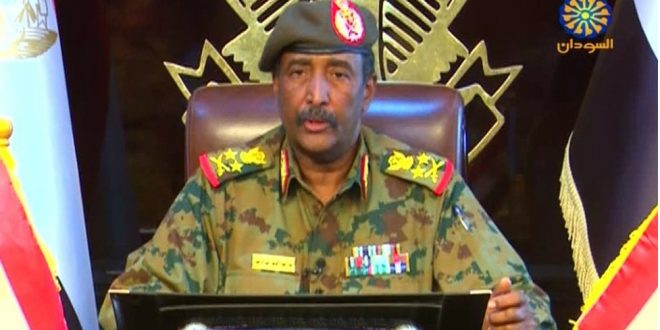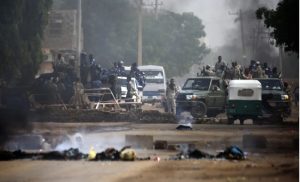05-11-2021
KHARTOUM: Sudan’s military leader has agreed with the United States on the need to speed up the formation of a new government after he ordered the release of four ministers of the now-deposed government, Sudan’s state-run news agency reported.
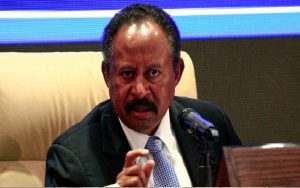 General Abdel Fattah al-Burhan’s office released a statement on Thursday after he spoke on the phone with US Secretary of State Antony Blinken. Al-Burhan’s office said the two parties agreed on the need to accelerate the formation of a government.
General Abdel Fattah al-Burhan’s office released a statement on Thursday after he spoke on the phone with US Secretary of State Antony Blinken. Al-Burhan’s office said the two parties agreed on the need to accelerate the formation of a government.
“The two parties agreed on the need to maintain the path of the democratic transition, the need to complete the structures of the transitional government and to speed up the formation of the government,” his office said.
The US State Department spokesman Ned Price said Blinken in the call urged al-Burhan to immediately release all political figures detained since the coup and “return to a dialogue that returns Prime Minister Hamdok to office and restores civilian-led governance in Sudan”.
“We are considering all internal and external initiatives to serve the national interest,” al-Burhan’s media adviser Taher Abouhaga said on Thursday. “The government formation is imminent.”
Meanwhile, mass protests are expected on Friday in Sudan’s capital, Khartoum, and other main cities.
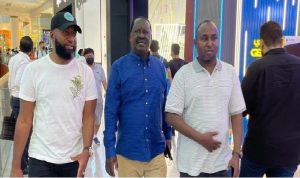 The United Nations has been trying to mediate an end to the political crisis that followed the coup in which top civilian politicians were detained and Hamdok was placed under house arrest.
The United Nations has been trying to mediate an end to the political crisis that followed the coup in which top civilian politicians were detained and Hamdok was placed under house arrest.
The UN special envoy for Sudan, special representative Volker Perthes, said talks had yielded the outline of a potential deal on a return to power-sharing, including the deposed premier’s reinstatement but he urged an agreement in “days not weeks” before both sides’ positions harden.
The development came as the country’s top generals and former civilian leaders were locked in tense negotiations for a way out of the crisis sparked by the military takeover last week.
On October 25, al-Burhan dissolved the trans transitional government and detained other government officials and political leaders in a coup.
Hamdok, who was released within two days after his arrest and since kept under guarded house arrest, has been allowed to meet with UN and international diplomats as part of mediation efforts.
The SUNA news agency said on Thursday that al-Burhan had issued the decision for Hamza Baloul, minister of information and culture, Hashim Hasabel-Rasoul, minister of communications, Ali Gedou, minister of trade and international cooperation, and Youssef Adam, minister of youth and sports to be let go.
Reporting from Khartoum, Al Jazeera’s Hiba Morgan on Friday said that the four ministers were released.
She added that several other ministers remained in detention.
“The four ministers are only some of those arrested on the morning of the coup. There were also activists and lawyers arrested. But the release comes amid talks to form a new government and as Hamdok, who remains under house arrest, insists on the release of detainees,” said Morgan.
Hamdok has also demanded the reversal of the coup as conditions for any further negotiations with the military.
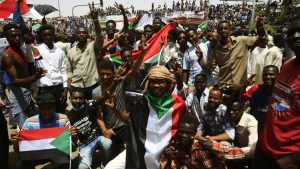 Moez Hadra, a defence lawyer for the deposed officials, said the four ministers are from among the 100 government officials and political leaders who were arrested during the coup. Half of them, he said, are believed to be held in Khartoum and the others are scattered across the country’s provinces.
Moez Hadra, a defence lawyer for the deposed officials, said the four ministers are from among the 100 government officials and political leaders who were arrested during the coup. Half of them, he said, are believed to be held in Khartoum and the others are scattered across the country’s provinces.
He said about 25 officials and politicians are facing charges for inciting troops to rebel.
Many were taken from their homes in the early morning hours and have been kept in undisclosed locations. The military leaders also raided the state news television headquarters and cut off mobile and internet communications across the country. Tens of thousands of people came out to protest. Internet services were still restricted.
Sara Abdelgalil, a spokeswoman for the Sudanese Professionals’ Association, the key force behind the 2019 uprising and anti-coup protests, estimated that hundreds of protesters and opposition figures have been rounded up in the past week. Some have disappeared and some have been interrogated and later released, she said.
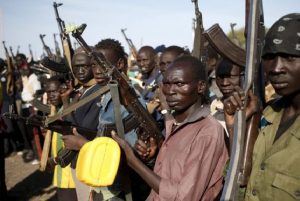 Ali Agab, a prominent Sudanese human rights lawyer, said he had heard reports of security forces identifying protesters from photos taken at demonstrations and forcibly detaining them from their homes.
Ali Agab, a prominent Sudanese human rights lawyer, said he had heard reports of security forces identifying protesters from photos taken at demonstrations and forcibly detaining them from their homes.
Abdelgalil said the near-blackout of communications has made it difficult to know just how many have gone missing, or are being held in secret prisons that were commonly used under longtime strongman Omar al-Bashir, who was toppled by the military following protests in 2019.
“We don’t know the extent of what has been happening in the last 10 days,” she said.
International pressure
Meanwhile, the international community is continuing to press for a de-escalation that can put Sudan back on the path to democracy. The United Nations Human Rights Council is set to hold an emergency session on the situation on Friday.
UN Secretary-General Antonio Guterres encouraged General al-Burhan in a phone call on 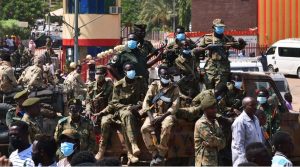 Thursday to take action towards resolving “the political crisis in Sudan and urgently restoring the constitutional order and Sudan’s transitional process,” UN associate spokeswoman Eri Kaneko said.
Thursday to take action towards resolving “the political crisis in Sudan and urgently restoring the constitutional order and Sudan’s transitional process,” UN associate spokeswoman Eri Kaneko said.
Alex De Waal, the executive director of the World Peace Foundation, told Al Jazeera that the US could use economic leverage to speed up the formation of a civilian government.
“The US has quite a considerable leverage because of the very deep economic-financial hole that Sudan is,” he said.
“Other countries might have been able to get by on the bailout of the Gulf states, but in the case of Sudan, it can only actually stabilize its economy with major assistance, debt rescheduling, debt relief, assistance from the World Bank and the IMF, which requires the United States.” (Al Jazeera)
 Pressmediaofindia
Pressmediaofindia
